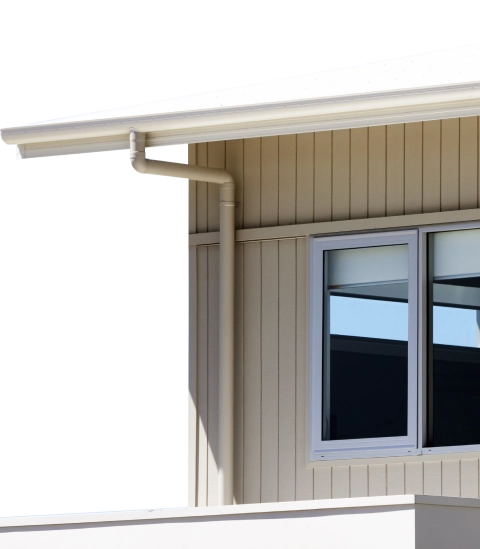0% Interest Payment Plan Get Your New Roof Financed
We aim to help you solve your home improvements & repair issues without disturbing your household cashflow

A leaking gutter might seem like a small issue, but left untreated, it can lead to serious water damage to your roof, walls, and foundation. The good news? Whether you’re a hands-on DIY homeowner or you’d rather call in the experts, fixing a gutter leak can be straightforward. In this guide, we’ll walk you through how to identify the problem, repair it step-by-step, and keep your gutter system working perfectly all year round.
Before you start fixing, you need to diagnose the problem. Running straight to the sealant without understanding the cause can waste your time and money.
Pro Tip: On a dry day, run water from a garden hose into the gutter. Watch closely to see where it escapes. Mark problem spots with painter’s tape.
While DIY repairs can be effective, you should consider calling a licensed plumber or gutter specialist if:
SPS Roofing offers fast, reliable gutter repairs across Sydney, ensuring your home is protected from costly water damage.
Regular preventative maintenance is the secret to keeping your gutters leak-free for decades. By taking a proactive approach, you can avoid emergency repairs and expensive replacements.
Why Maintenance Matters:
Best Practices:
A leaking gutter is not something you should ignore. Quick action can save you from costly repairs to your roof, walls, and foundation. Whether you tackle the job yourself or hire a pro, the goal is the same: keep water moving away from your home.
If you want a long-lasting, worry-free repair, contact SPS Roofing. Our experienced team will assess the damage, recommend the best fix, and ensure your gutters are leak-free in no time.
We aim to help you solve your home improvements & repair issues without disturbing your household cashflow

No catches or gimmicks. Have an option to spend now, pay later!

Apply & have an outcome in minutes!







